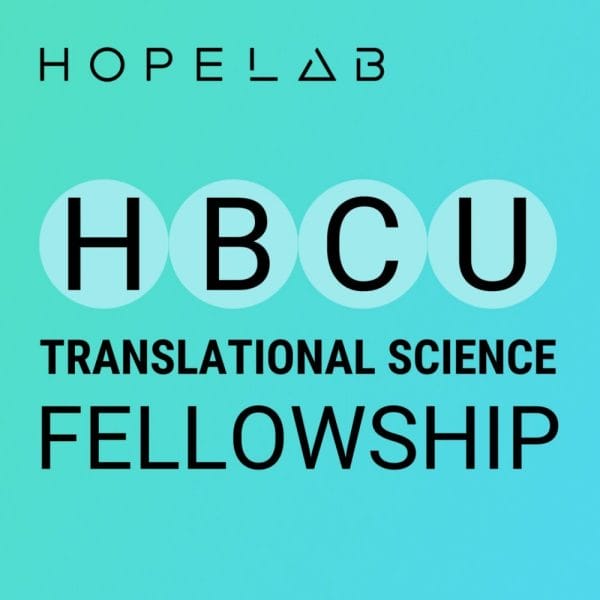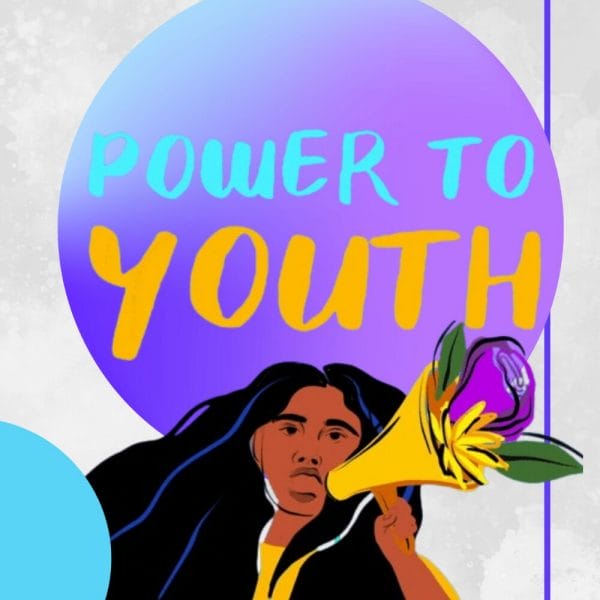Your state of mind can affect your physical health – it’s the kind of thing we intuitively understand. Now science is offering some powerful new insights into this mind-body connection.
New Data
A study by researchers at UCLA’s Cousins Center for Psychoneuroimmunology (including Steve Cole, a Hopelab science advisor) and the University of North Carolina shows that a good state of mind, or happiness, affects your genes. But there are different types of happiness, and these different types have different effects. According to a UCLA Newsroom post, the study found that:
“People who have high levels of what is known as eudaimonic well-being—the kind of happiness that comes from having a deep sense of purpose and meaning in life (think Mother Teresa)—showed very favorable gene-expression profiles in their immune cells. They had low levels of inflammatory gene expression and strong expression of antiviral and antibody genes. However, people who had relatively high levels of hedonic well-being—the type of happiness that comes from consummatory self-gratification (think most celebrities)—actually showed just the opposite. They had an adverse expression profile involving high inflammation and low antiviral and antibody gene expression.”
Insights like these are informing our own resilience initiative at Hopelab, as we explore ways to use technology to create psychological and social experiences that measurably improve our physical health and general well-being.
Full Report & Video
A full report on the research appears in the current online edition of the journal Proceedings of the National Academy of Sciences.
And you can see Dr. Cole share insights from this research at last year’s Science of Compassion: Origins, Measures, and Interventions event.





